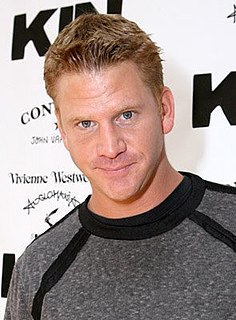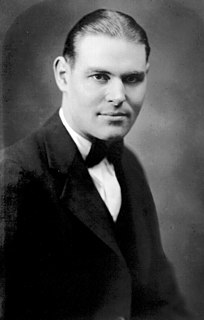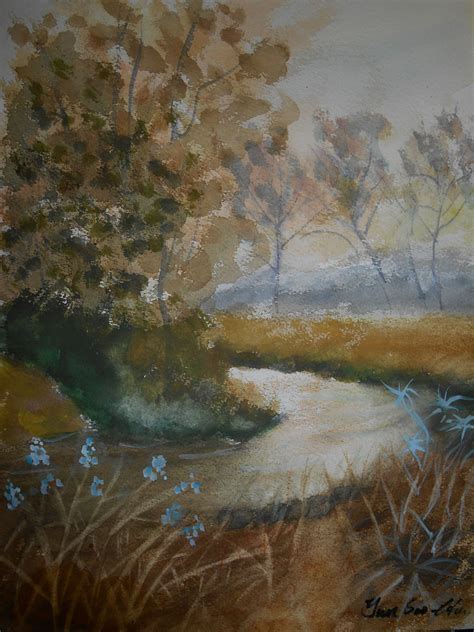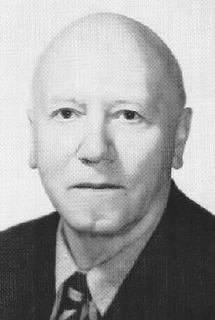A Quote by Dash Mihok
My biggest life lesson is that the past is the past. I do my best not to bring history into my present. It ain't ever easy, but it usually creates more opportunity for joyful experiences.
Related Quotes
To do this, you can bring in nothing from the past. So the more psychology you've studied, the harder it will be to empathize. The more you know the person, the harder it will be to empathize. Diagnoses and past experiences can instantly knock you off the board. This doesn't mean denying the past. Past experiences can stimulate what's alive in this moment. But are you present to what was alive then or what the person is feeling and needing in this moment?
We learn in the past, but we are not the result of that. We suffered in the past, loved in the past, cried and laughed in the past, but that's of no use to the present. The present has its challenges, its good and bad side. We can neither blame nor be grateful to the past for what is happening now. Each new experience of love has nothing whatsoever to do with past experiences. It's always new.
But the past does not exist independently from the present. Indeed, the past is only past because there is a present, just as I can point to something over there only because I am here. But nothing is inherently over there or here. In that sense, the past has no content. The past - or more accurately, pastness - is a position. Thus, in no way can we identify the past as past
I feel history is more of a story than a lesson. I know this idea of presentism: this idea of constantly evoking the past to justify the present moment. A lot of people will tell you, "history is how we got here." And learning from the lessons of history. But that's imperfect. If you learn from history you can do things for all the wrong reasons.
History in Burckhardt's words is 'the record of what one age finds worthy of note in another.' The past is intelligible to us only in light of the present; and we can fully understand the present only in light of the past. To enable man to understand the society of the past and to increase his mastery over the society of the present is the dual function of history.
The man who is asleep reacts; he knows nothing of action. And reaction is a binding: it binds you into new prisons, new chains. Response is out of freedom, hence it brings more freedom. Reaction is out of the past; you act according to your memories, built-in by your experiences, conditionings. You react not to the present, not in the present. You don`t reflect the real situation as it is; you go on interpreting it according to your past, your past experiences. The man who is awake is like a mirror: he reflects that which is the case. HE IS AWAKE.
If the universe is a non-spatial computer, a 'time machine' is a program that allows a user to have the same (ontologically non-spatial) feelings or experiences that occurred or s/he merely feels to have occurred in the past, with an in-built function to have different feelings or experiences than those of the past, and thus creating a possibility to change the past or to rewrite history in a pseudo sense.
Originally the structure was . . . a modern narrator who would appear intermittently and talk about his memories of his grandmother, which would then be juxtaposed against scenes from the past. But the stories from the past were always more interesting that the things in the present. I find this almost endemic to modern plays that veer between past and present. . . . So as we've gone on developing GOLDEN CHILD, the scenes from the past have become more dominant, and all that remains of the present are these two little bookends that frame the action.




































